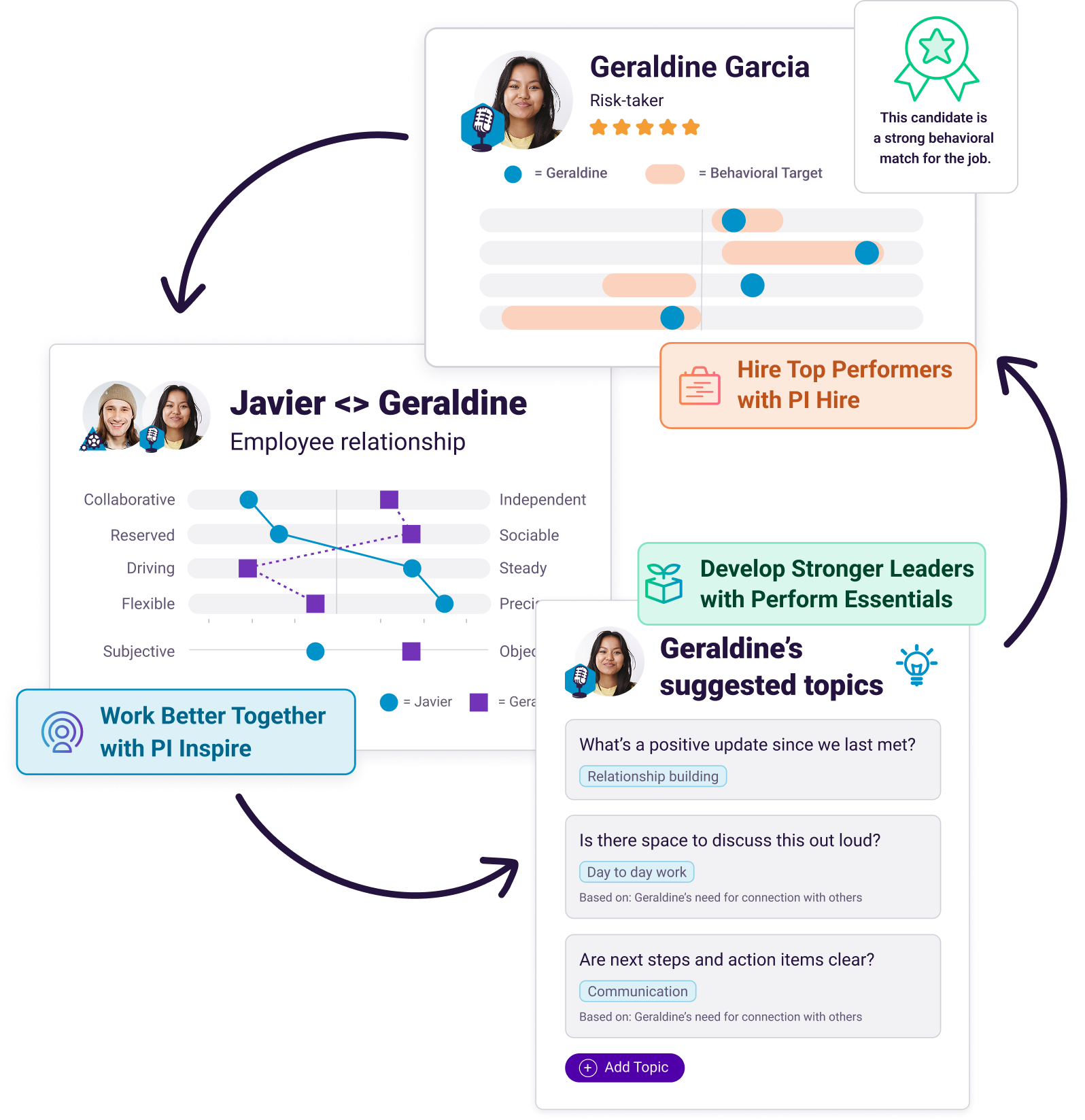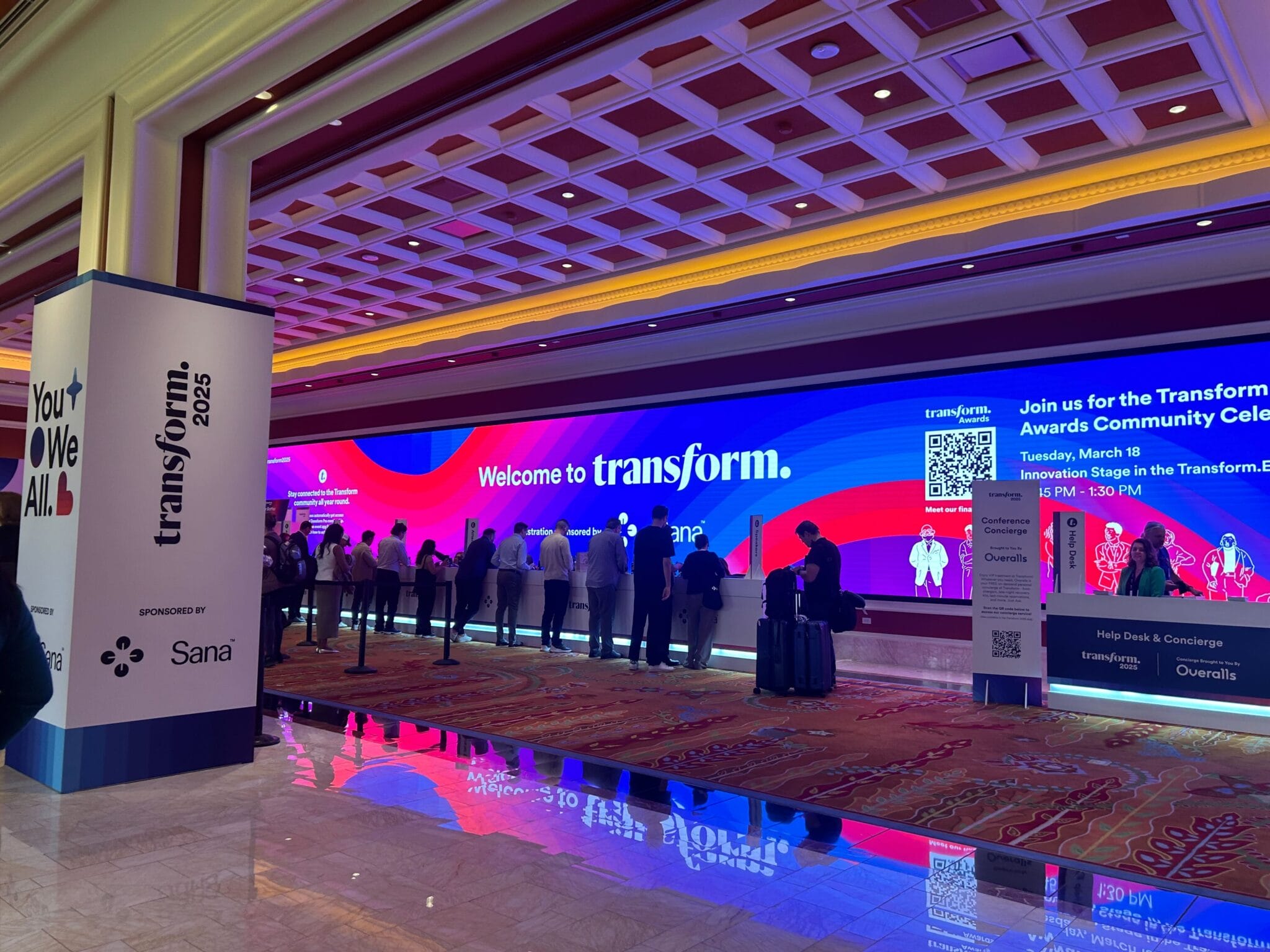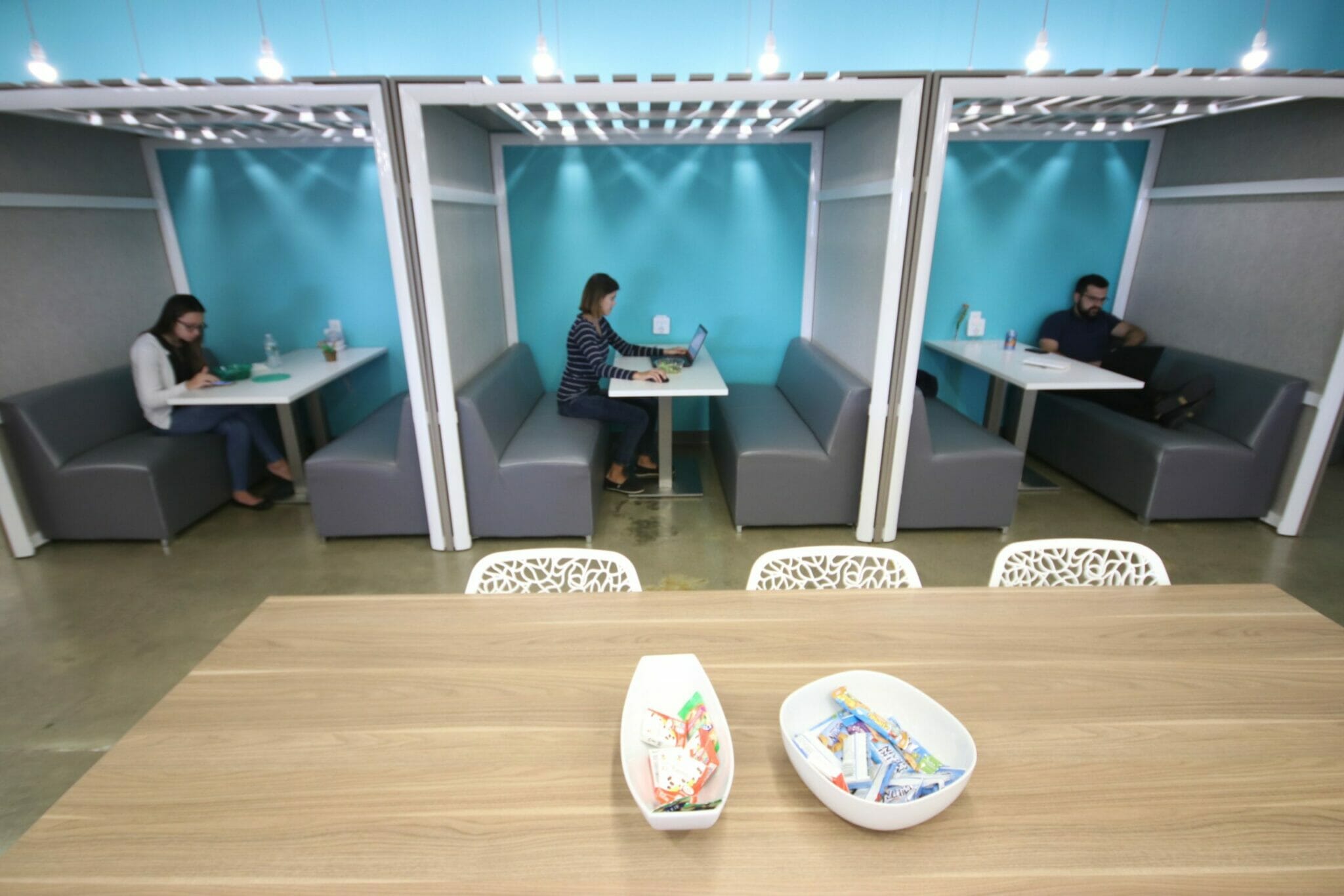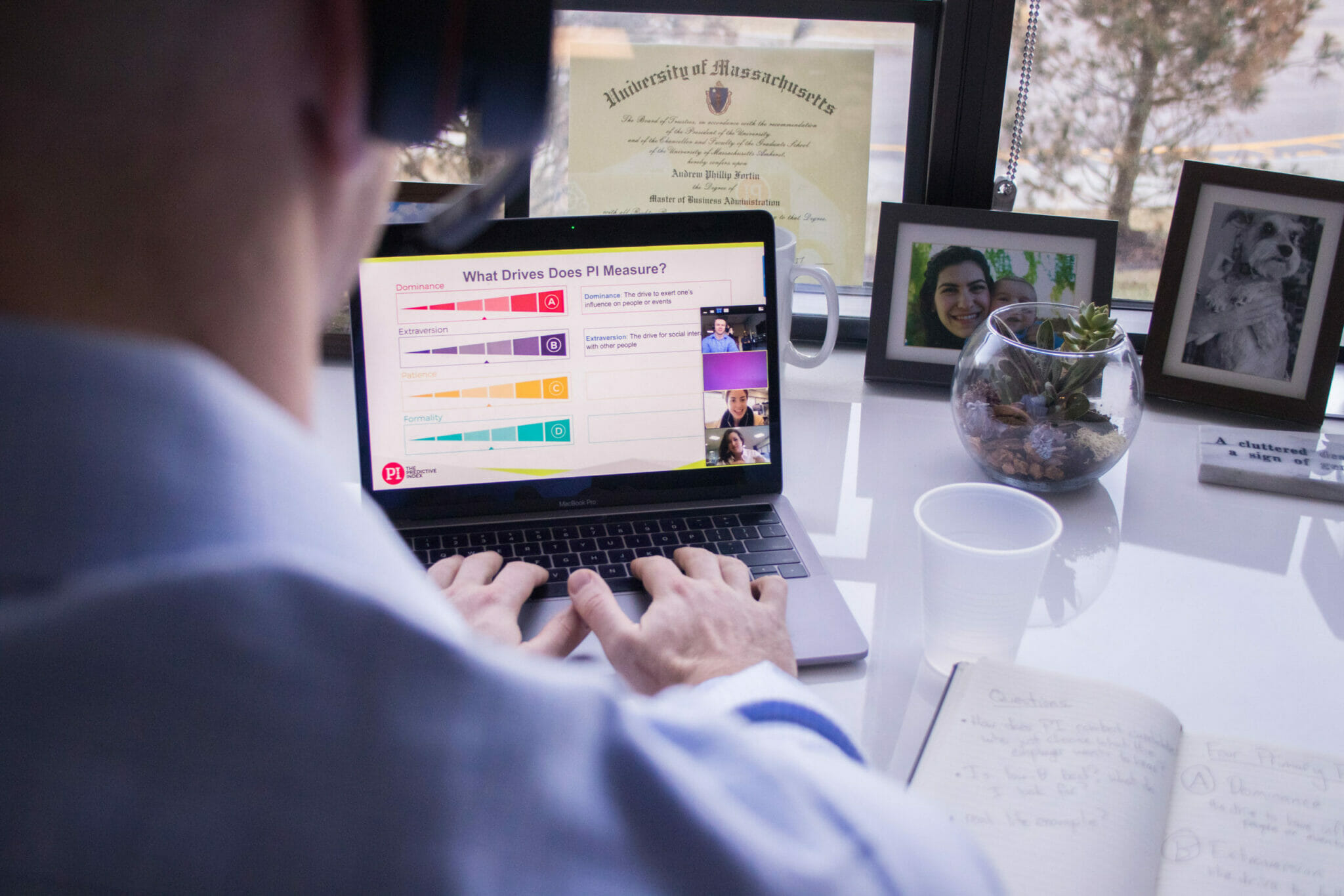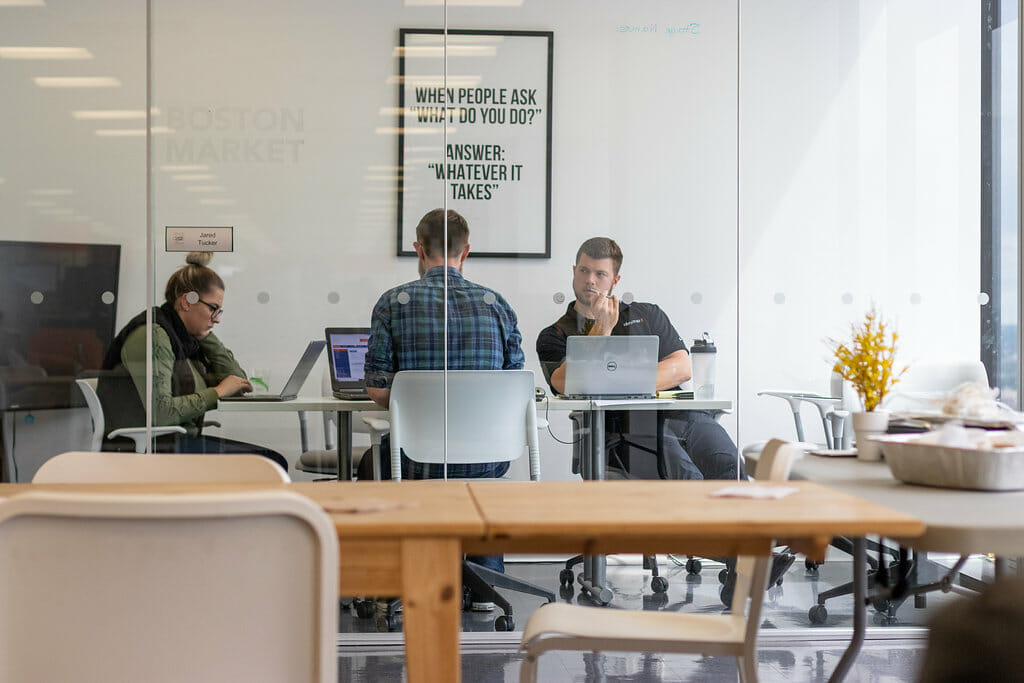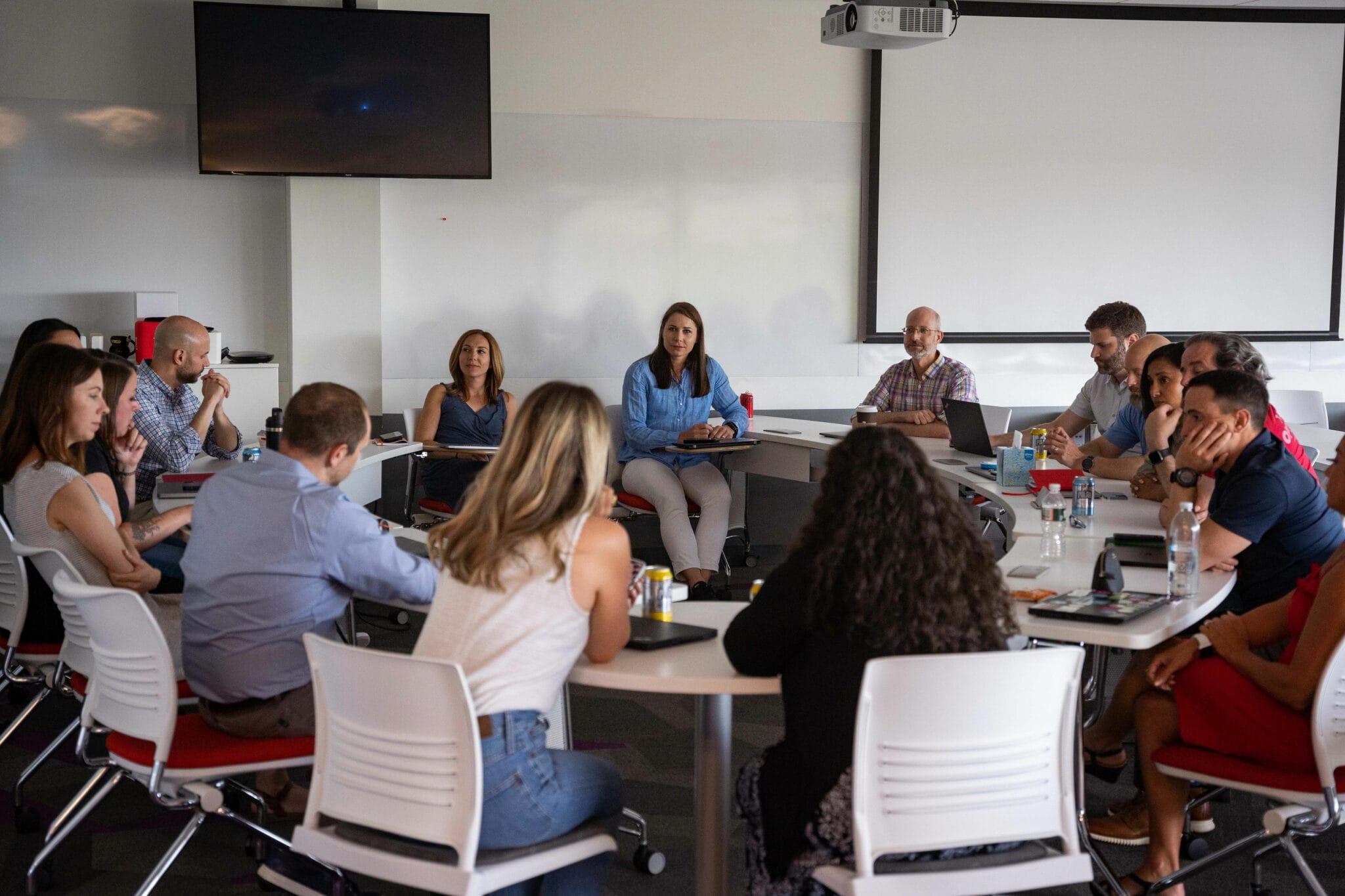I want you to picture two people; John and Sarah. John is stressed throughout the day. When things are going well, he’s focused and high-performing, but when adversity strikes, he crumbles under pressure.
Sarah is often described as resilient and unflappable. When Sarah encounters obstacles, she works through them quickly and treats failure as a necessary part of learning.
Great leaders look more like Sarah than John. When challenges strike, you need to be the one to rally your team and stay confident. No matter how talented, focused, and purposeful you are, you have to have the emotional capacity to overcome adversity.
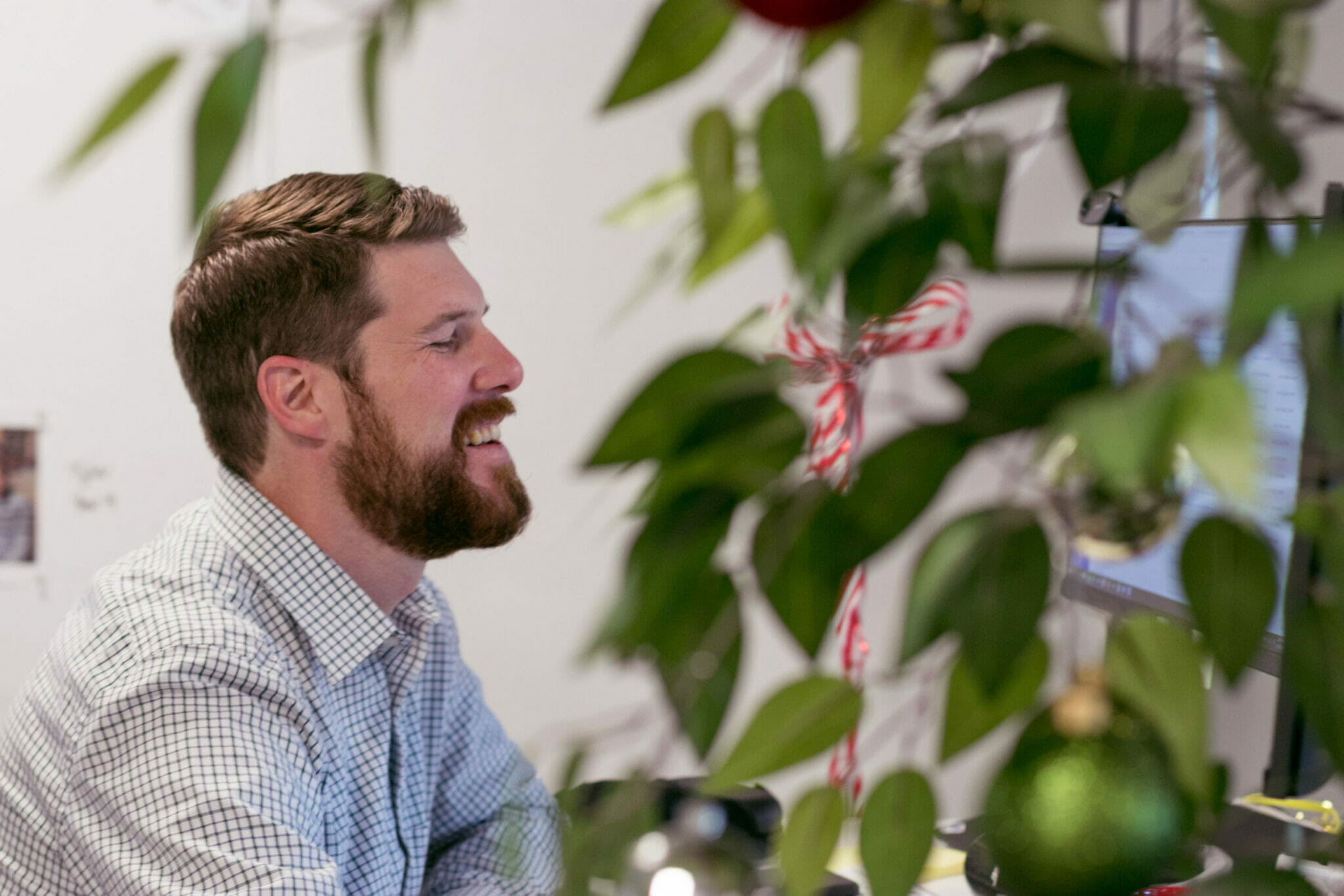
What is emotional capacity?
Emotional capacity is a measure of your ability to overcome limiting beliefs, your ease in adapting to challenging situations, and the quality of your relationships. No matter how talented, disciplined, or values-driven you are, if you don’t have high emotional capacity, you’ll fall short of your goals eventually.
A challenge in building emotional capacity is the self-limiting beliefs we place on ourselves. An example of this is a force called cognitive dissonance—when a person holds two or more contradictory beliefs at the same time. Cognitive dissonance causes us to double down on harmful behavior, invest in negative relationships, and close our minds to information that challenges our preconceptions.
While it’s hard to see at first, a close-minded approach inevitably limits your ability to grow and reach your full potential. To build your emotional capacity, you must honestly evaluate your mindset and become open to difficult feedback.
Many of us limit our potential without even realizing it. It takes conscious effort to understand what’s holding us back—and to address it. As a personal example: For years, I wanted to write a book but I kept giving myself excuses to avoid doing it. That changed in 2016; while I was in the second year of a 3-year entrepreneurial master’s program, I made a commitment to write a book by the time I reached my third year.
Simply changing my affirmation from, “I want to write a book” to “I will write a book” gave me the extra push I needed. I challenged my limiting beliefs, built my emotional capacity, and published my first book, Performance Partnerships, a year later. Next week, I’ll publish my second, Elevate, which explores capacity building in detail.
How do you build emotional capacity?
Building emotional capacity isn’t just about how you interact with your own mind—the quality of your relationships is also vital. Legendary entrepreneur Jim Rohn once said, “You’re the average of the five people you spend the most time with.” You need to surround yourself with people who give you energy, genuinely care about helping you improve, and are not afraid to challenge you to do so.
Do you have many relationships with people like this? While it can feel good to spend time with people who always make you feel good and never expect you to change for the better, doing this will limit your ability to improve. Needless to say, it’s similarly damaging to spend time with people who are always tearing others down and blaming others for their shortcomings.
Think carefully about the people you spend the most time with. Do they share your core values and respect you enough to tell you when you’re wrong? Are there people in your life who make you feel drained and dissatisfied? If you make a conscious effort to spend time with people who share your values and give you energy—combined with limited exposure to people who drain you—you’ll feel better in the long run.
Why does capacity building matter?
What’s great about capacity building is that it empowers you to not just make yourself better, but to inspire those around you to grow alongside you. If you surround yourself with people who are as committed to achieving as you are, you’ll all push each other to keep growing. If you tackle each day with gratitude and are capable of adapting to adversity, you’ll set an example for people you lead to follow.
Ask yourself: Are you doing all you can to become all you can be? Do you push aside your self-limiting beliefs and take adversity as an opportunity to improve, rather than a crushing setback? Are you spending time with people who want you to reach your full potential, rather than pull you down to their level?
You already know the answers to these questions. Wherever you are in your journey to build capacity, you can reach another level. The people closest to you deserve the best version of you.
Bob Glazer is the founder and CEO of global performance marketing agency Acceleration Partners. He’s also the writer of the popular Friday Forward series and author of Elevate: Push Your Limits and Unlock Success.
Join 10,000 companies solving the most complex people problems with PI.
Hire the right people, inspire their best work, design dream teams, and sustain engagement for the long haul.

